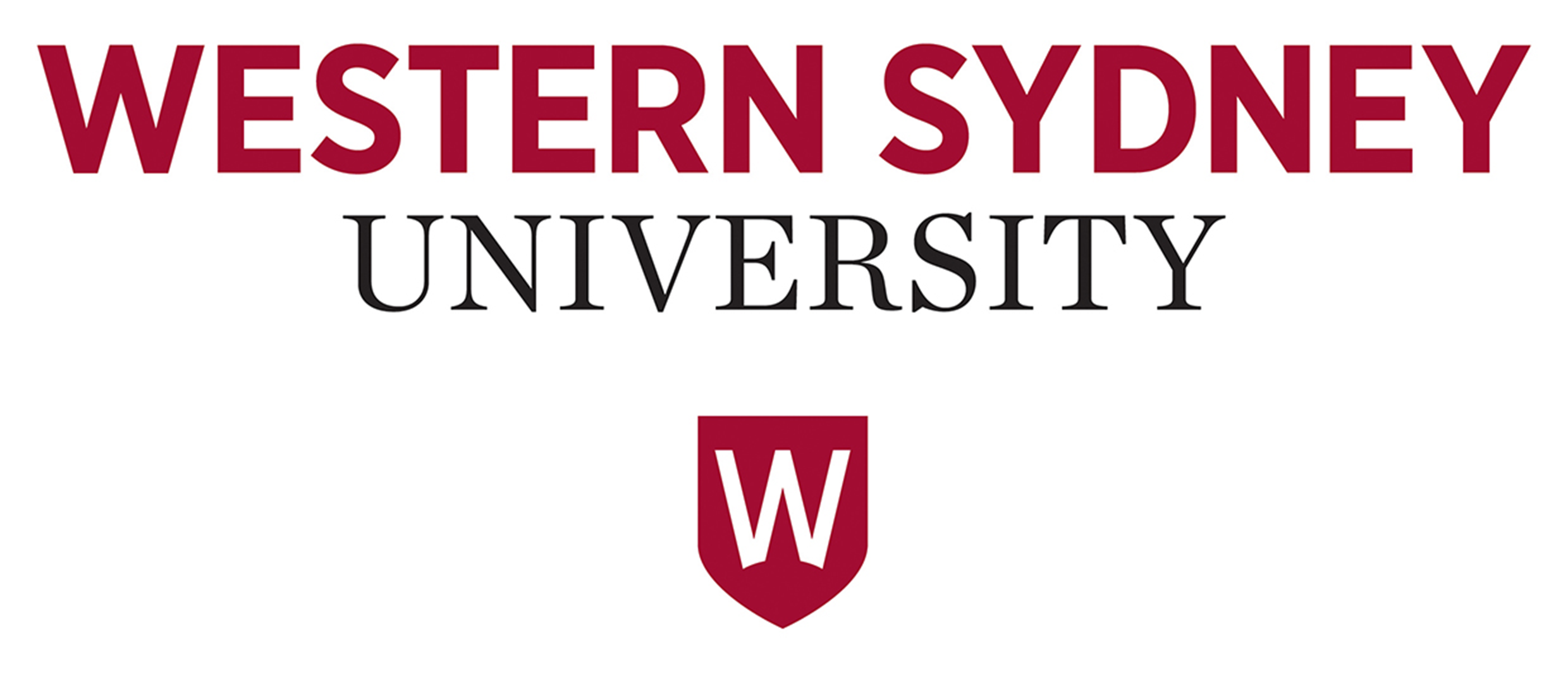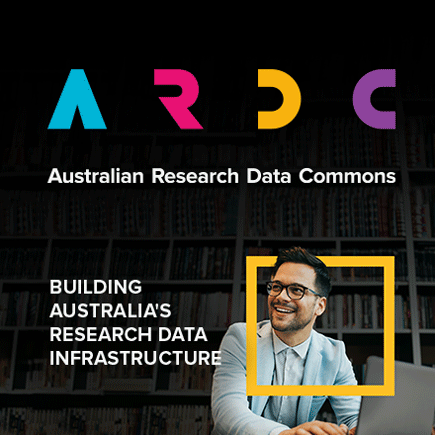Full description
This research examined how women from refugee backgrounds use social media platforms as tools for everyday activism and explored how public libraries and refugee support organisations can collaboratively develop social media literacy education interventions to support these efforts. The study involved sixteen women from refugee backgrounds—originally from Afghanistan, Iran, Iraq, and Syria—who had resettled in the Western Sydney region, Australia, as well as three public library staff and ten employees from refugee support organisations. A design justice framework guided the research methodology, ensuring that semi-structured interviews, focus group discussions, and participatory workshops were conducted through an equity-centred lens. The study applied a theoretical approach that integrates intersectionality with affordance and identity-making frameworks to explore how women's identity-making on social media intersects with their everyday resistance to systemic oppression. The research findings on women’s everyday activism and principles for collaborative intervention design hold significant value for community organisations, policymakers, and grassroots movements supporting marginalised women.This dataset comprises de-identified transcripts from semi-structured interviews conducted with 16 women from refugee backgrounds residing in Blacktown and Fairfield Local Government Areas, 3 library staff members, and 10 staff from refugee support organisations working in these areas. Both local government areas are located in Western Sydney and served as the research sites. The dataset also contains transcripts from focus group discussions with staff members. Additionally, it includes transcripts of conversations during design justice workshop activities, plus images captured during design justice activity sessions. The files are organised as individual text documents (in word doc) and are accompanied by a metadata spreadsheet (.xlsx) that contains participant demographic information including age, gender, and the country of origin.
The dataset further includes the interview guides, focus group questions, and design justice workshop schedule used during data collection, as well as the participant information sheets provided to each participant group.
This dataset cannot be shared due to ethics approval conditions. To discuss this research, please contact Thilakshi Mallawa Arachchi
Created: 2025-07-23
Data time period: 08 2023 to 11 2023
Spatial Coverage And Location
text: Western Sydney region, Australia
User Contributed Tags
Login to tag this record with meaningful keywords to make it easier to discover
- DOI : 10.26183/9TTR-KK72

- Local : research-data.westernsydney.edu.au/published/4f93ef80675d11f088900d60b6402263


